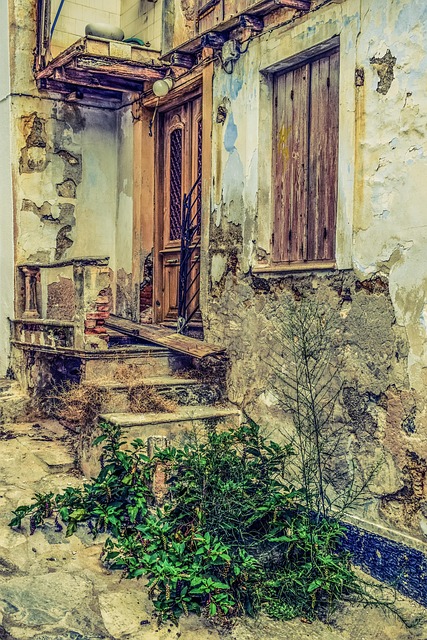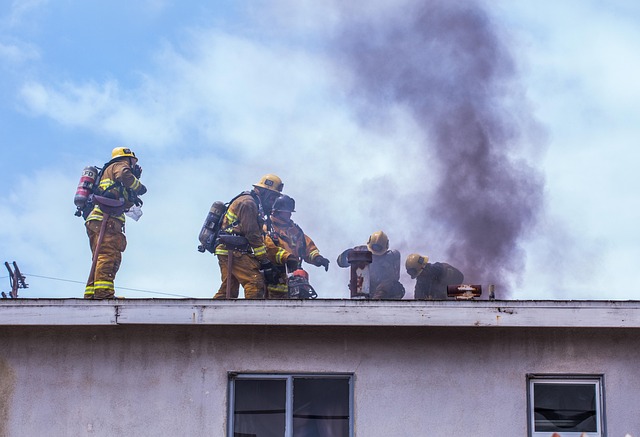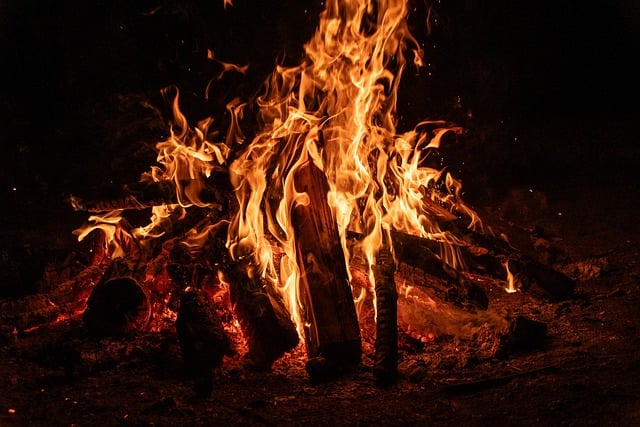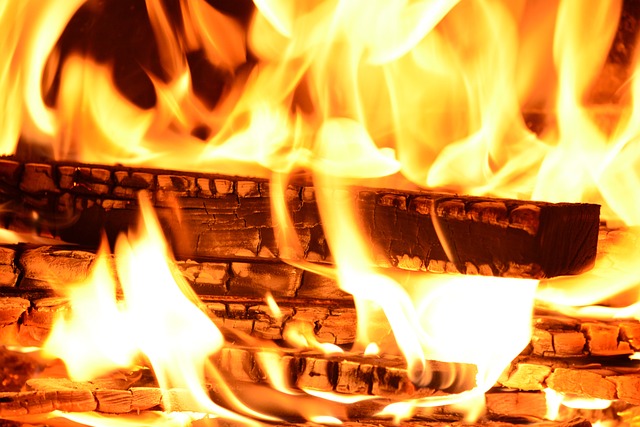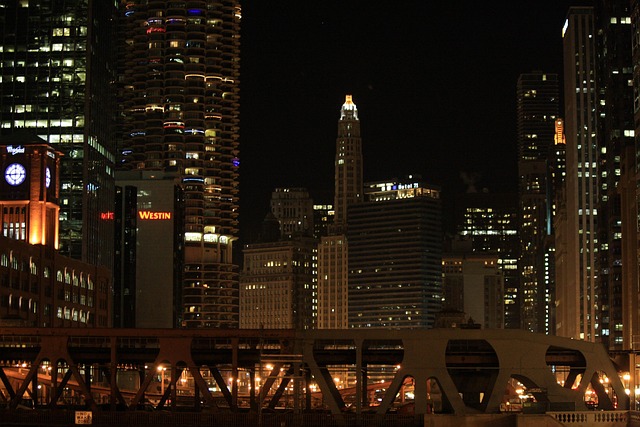Distressed property sales, particularly fire-damaged homes in Chicago, present affordable real estate opportunities but necessitate careful consideration. Buyers must understand local market dynamics, reconstruction costs, and available incentives. Selling such properties involves navigating emotional, financial, and logistical challenges, requiring expert guidance on insurance claims, permits, and building codes. Thorough inspections, transparent disclosure of damage, and strategic marketing emphasizing location and benefits are crucial for successful transactions in Chicago's competitive market.
“Illinois, particularly Chicago, has seen a rise in distressed property sales, often characterized by fire-damaged homes. This article delves into the intricate world of these transactions, offering insights for both real estate professionals and prospective buyers. We explore the unique challenges of selling a fire-damaged house in Chicago, dissecting legal and financial complexities. By understanding these aspects, you’ll discover strategies to navigate these sales successfully, ensuring a smooth process despite the property’s history.”
- Understanding Distressed Property Sales in Illinois
- The Unique Challenges of Selling a Fire-Damaged House in Chicago
- Legal and Financial Aspects of Distressed Real Estate Transactions
- Strategies for Successful Fire-Damaged Property Sales
Understanding Distressed Property Sales in Illinois

Distressed property sales, including those involving fire-damaged homes in Chicago, have become an increasingly significant aspect of Illinois’s real estate market. These sales often present unique opportunities for buyers seeking affordable properties but also require careful consideration due to the potential challenges associated with such purchases.
In Chicago and across Illinois, a fire-damaged house might be listed as a distressed property if it has been vacant or if its value has declined significantly due to damage. Selling these homes typically involves specialized marketing strategies, as buyers may include those looking for renovation projects or real estate investors aiming to rehabilitate and resell the properties. Understanding the local market dynamics, including area trends, reconstruction costs, and potential incentives or grants available for property owners, is crucial when considering a purchase of a fire-damaged house in Chicago.
The Unique Challenges of Selling a Fire-Damaged House in Chicago

Selling a fire-damaged house in Chicago presents unique challenges that go beyond the typical real estate transaction. Beyond the emotional toll, buyers often hesitate due to concerns about structural integrity and hidden repair costs. In a bustling city like Chicago, where property values are high, the financial burden of repairing a severely damaged home can be off-putting for prospective purchasers.
The process involves meticulous documentation and transparency. Sellers must disclose every detail of the fire damage, including extent of the damage, previous repairs, and any remaining hazards. This level of transparency is crucial in building trust with potential buyers and ensuring a smooth, legally sound transaction. In addition, navigating insurance claims, obtaining permits for rebuilding, and complying with Chicago’s strict building codes can be complex and time-consuming hurdles that require expert guidance.
Legal and Financial Aspects of Distressed Real Estate Transactions

When considering a distressed property sale in Illinois, such as purchasing a fire-damaged house in Chicago, it’s crucial to understand the legal and financial complexities involved. These transactions often present unique challenges due to the distress of the property, which can impact both the buyer and seller. Legally, buyers must be aware of potential liability issues related to the condition of the property. In cases like selling a fire-damaged house, buyers should conduct thorough inspections and assess the cost of repairs or demolition to mitigate future risks.
Financially, distressed sales often come with attractive discounts but require careful budgeting. Buyers may need to secure specific types of insurance to cover potential hazards, adding to the overall transaction costs. Additionally, sellers must disclose all known issues, ensuring transparency to avoid legal disputes later. Understanding these aspects is essential for navigating successful and fair real estate transactions in Illinois, especially when dealing with distressed properties.
Strategies for Successful Fire-Damaged Property Sales

When considering selling a fire-damaged house in Chicago, a strategic approach is essential to navigate this challenging process successfully. The initial step involves assessing the extent of the damage and understanding that potential buyers will be particularly interested in structural integrity and safety. It’s crucial to hire professionals who can thoroughly inspect the property and provide accurate reports on repairs needed. This transparency builds trust with buyers and helps set realistic expectations.
Marketing plays a pivotal role, focusing on highlighting the house’s potential rather than its past damage. Emphasize the advantages of location, nearby amenities, and the benefits of living in Chicago. Professional photography and virtual tours can showcase the property’s best features while allowing remote interested parties to visualize repairs. Additionally, engaging with real estate agents experienced in distressed sales can provide invaluable insights and help attract buyers who understand the unique aspects of purchasing a fire-damaged property.
Selling a fire-damaged property in Chicago can be a complex process, but with the right strategies and understanding of legal aspects, it’s feasible. By navigating the unique challenges, from structural repairs to potential insurance claims, homeowners can transform a distressed asset into a successful sale. Implementing these strategies ensures a smoother transition, maximizing profits while meeting the specific needs of the Chicago real estate market for fire-damaged properties.
